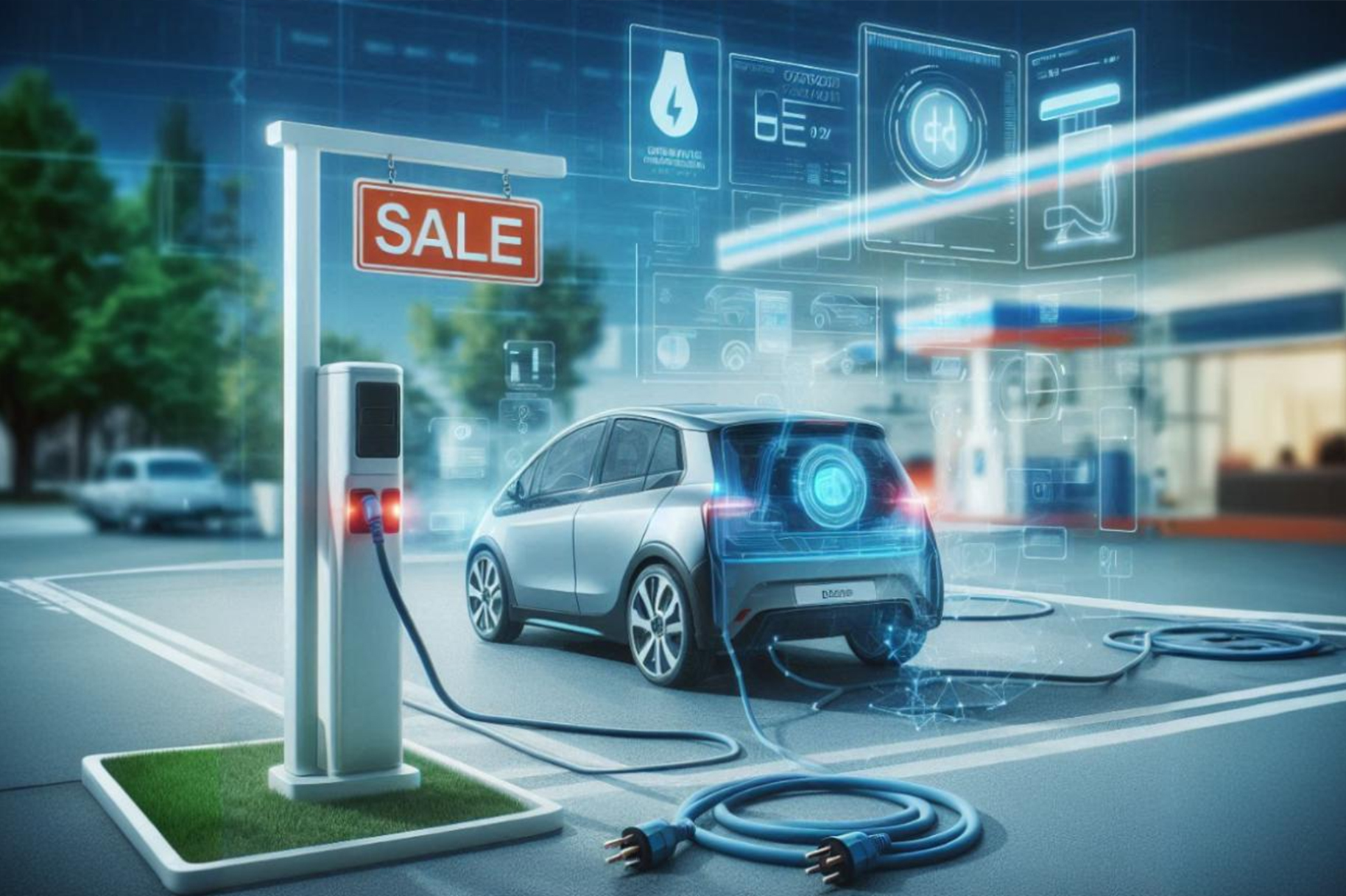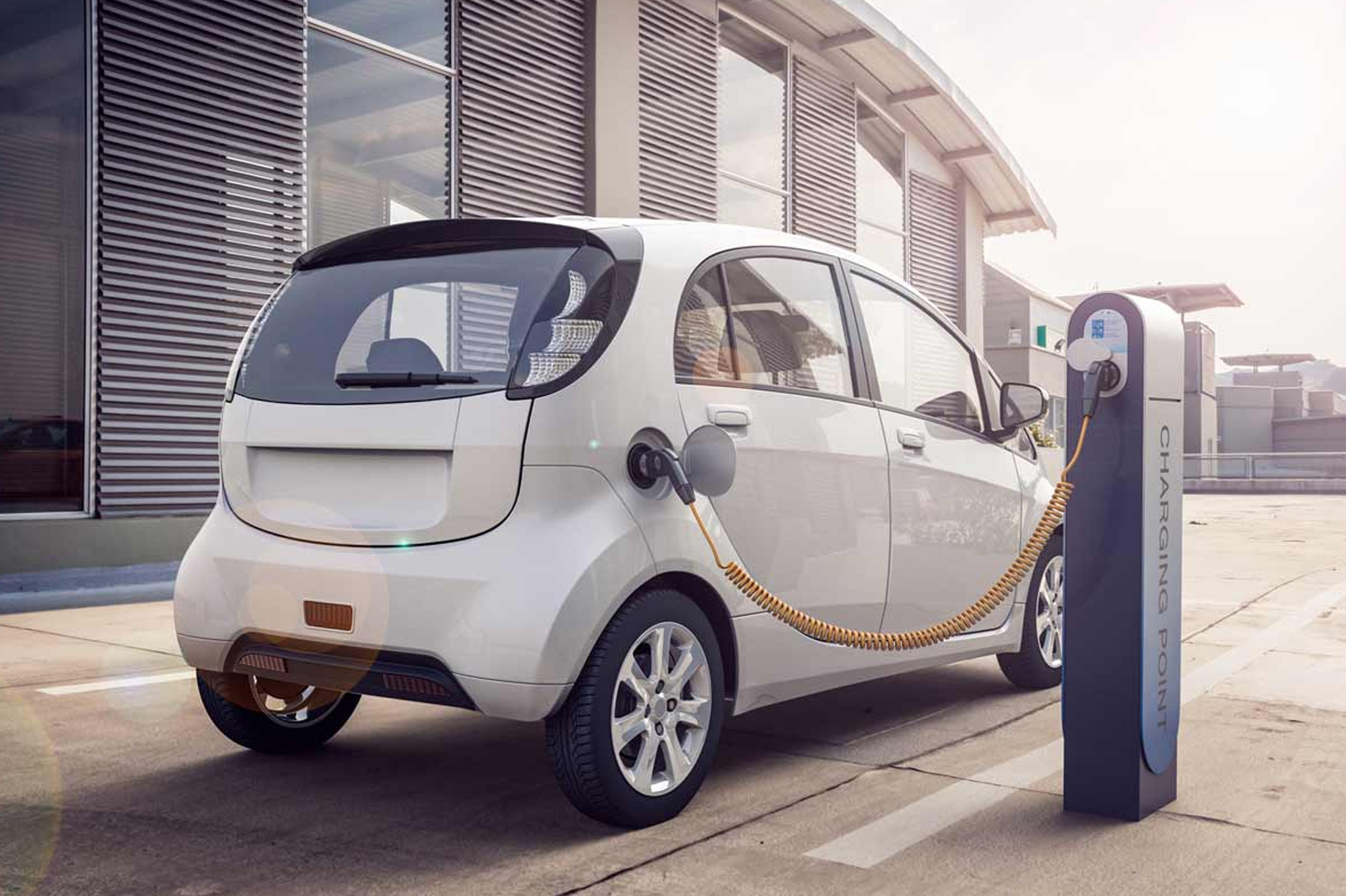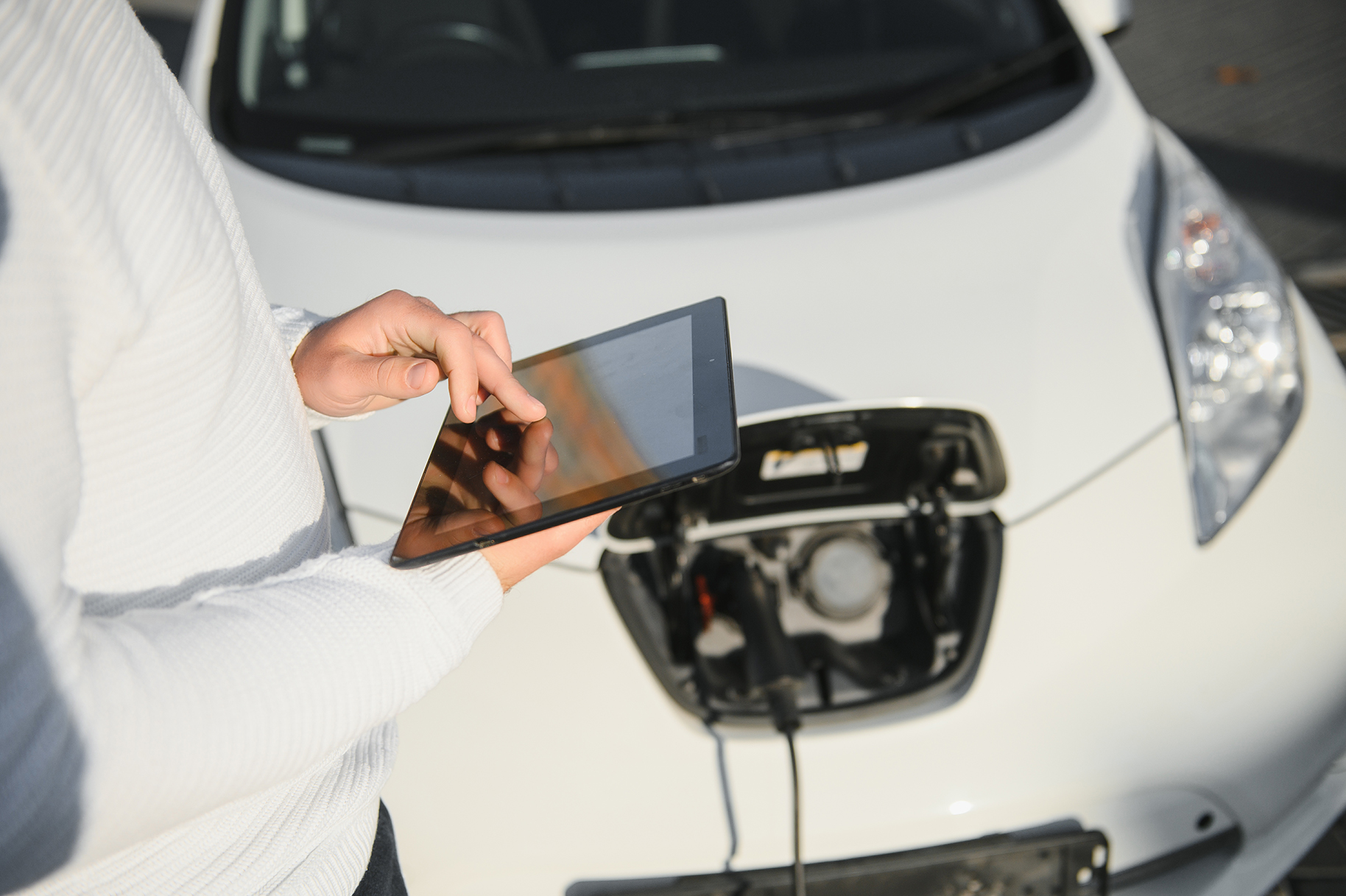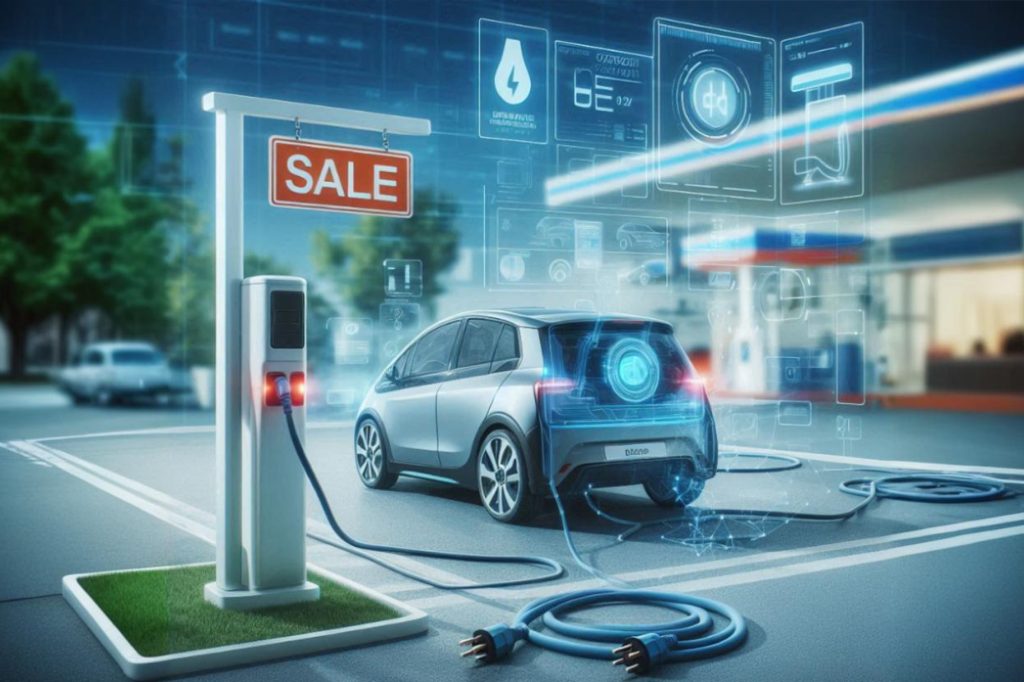In a short time, electric vehicles (EVs) have helped reshape the automotive industry with their quieter, cleaner and more advanced driving abilities. Even as electric cars enjoy increasing popularity, a new trend has appeared in 2025: many people are selling their electric cars.
It’s not the end of the EV market, this is actually the changing expectations of users, the realities of owning an EV. Now, let’s look at the top reasons people are moving on from their EVs, through current owner feedback, other market data and real world scenario.
1. Battery Degradation Concerns Over Time
However, battery health is perhaps one of the most common reasons why people sell EVs. Modern electric cars are made using long lasting lithium ion batteries, but all batteries degrade, even more so after 5 to 7 years of consistent use.
When the battery gets older, its ability to hold a charge goes down and so does your vehicle’s range. For these owners, the fuel cost may make them change their mind, mainly if their cars are used for working on the other side of town. If you sell your EV before the battery needs replacement, you can get more money from it.
Example: A 2018 EV that once delivered 250 miles per charge may now offer just 180. Owners weighing the high cost of battery replacement often decide it’s better to sell and upgrade.
2. Limited Charging Infrastructure in Some Regions
Even though EV charging stations are growing quickly throughout America and some states of the country where it’s hard to find one. Drivers in rural areas and apartment building users with no chargers have to deal with inconveniences almost every day.
Lack of easy charging is still the main reason some people choose to sell electric cars. Though many incentives and mobile charging are now available, the straightforward nature and reliability of gas vehicles still appeal to many in some parts of the world.
EV Owner Insight: Many first-time EV buyers underestimated how vital home charging would be. If workplace or public charging proves unreliable, frustration builds quickly.
3. Resale Value Stability and Market Timing
In 2025, the electric car resale market is maturing. While early fears about poor EV resale value have faded, owners are becoming savvier about timing. Some are selling electric cars while resale values are still relatively strong — especially before newer, more advanced models flood the market.
The increasing number of federal and state incentives for new EV purchases can also make older models less appealing. This pushes some owners to sell early to avoid sharper depreciation later.
Example: Someone owning a 2021 EV might sell it now, anticipating price drops when solid-state batteries or longer-range models become mainstream.
4. Higher Insurance Premiums for EVs
Electric vehicles, while generally lower in maintenance costs, often carry higher insurance premiums. The reasons include:
- Expensive components (especially the battery)
- Higher repair costs due to advanced technology
- Fewer specialized repair shops
These elevated premiums catch some owners off guard. Combined with the cost of financing or leasing, insurance can make EV ownership more expensive than expected. This cost realization leads some drivers to switch back to traditional vehicles.
5. Desire for Better Range and Newer Features
Technology in EVs is developing at an exceptional speed. Just as software updates happen regularly on smartphones, electric car technology is updated too. Some people who have been using EVs for years are already disappointed that their cars will now seem out of date when brand-new EVs arrive next year.
Because technology is always changing, there are frequent upgrades necessary. No longer satisfied with cars that can go only 200 miles on a charge, drivers are choosing new EVs that last over 400 miles and fast-charge more quickly.
Common EV Resale Reason: Wanting the latest features like improved driver-assist systems, more intuitive infotainment, or bi-directional charging support.
6. Lifestyle or Household Changes
Everything changes at a fast pace these days. If family grows, a new occupation requires commuting or a different environment is chosen, a driver might need a different type of vehicle. In the year 2025, most sellers of electric vehicles mention lifestyle as their main motivation.
- Needing a larger SUV or truck
- Moving to colder areas where EV range drops significantly
- Changing to a job that requires longer or more spontaneous travel
While these are not faults of EVs themselves, they impact the long-term usability of an electric vehicle in certain scenarios.
7. Unmet Performance Expectations in Extreme Weather
Cold climates have a well-documented impact on EV performance. Battery efficiency can drop dramatically in freezing temperatures, reducing range by up to 40%. Similarly, extremely hot climates can wear batteries faster if proper thermal management isn’t in place.
EV owners in northern or desert states are sometimes surprised at how much temperature can affect their daily driving routines. While many adapt, others decide to sell their EVs and return to more consistent fuel-powered options.
8. Limited Towing Capacity or Off-Road Capability
While electric solutions for trucks and SUVs are progressing, the big jobs still need diesel-powered models. Even now, some EV owners who go camping, tow trailers or off-road say that most of today’s EVs can’t meet all their needs.
Purchasing an electric vehicle is the best call for drivers who want enjoy more power, added versatility or don’t mind forgoing aftermarket additions.
Owner Insight: “We loved our EV, but it just couldn’t handle our family camper trips without constant charging stress. We switched back to a hybrid SUV.”
9. Lack of Support for DIY Repairs and Modifications
EVs aren’t easy for car enthusiasts and tinkerers. Electric cars today are highly software driven and sealed which means less options for things like DIY repairs or modifications.
A new shift in automotive culture, though, sees some enthusiasts selling electric cars because they can’t work on them—and opt for internal combustion vehicles from decades ago instead.
10. Range Anxiety Still Lingers for Some
Even though there are fewer restrictions in traveling, some people still feel anxious about not being able to charge the car far enough. A lot of spontaneous drivers’ dislike having to plan their long trips based on where they can find a charger.
This psychological barrier remains one of the most underestimated factors in why people sell electric cars. For many, peace of mind still lies in a full gas tank and a network of gas stations everywhere.
Conclusion: EV Sales Remain Strong Despite Resale Activity
Though electric cars are selling more and more in 2025, the increase in their resales points to an important shift in what consumers know. People are testing out EVs, learning their positive and negative points and choosing what works best for them — sometimes even getting rid of their EVs.
No matter if there are new needs, infrastructure issues or personal changes, all of this affects cars on the road and their resale boosts insight and informs future car models for sellers.







